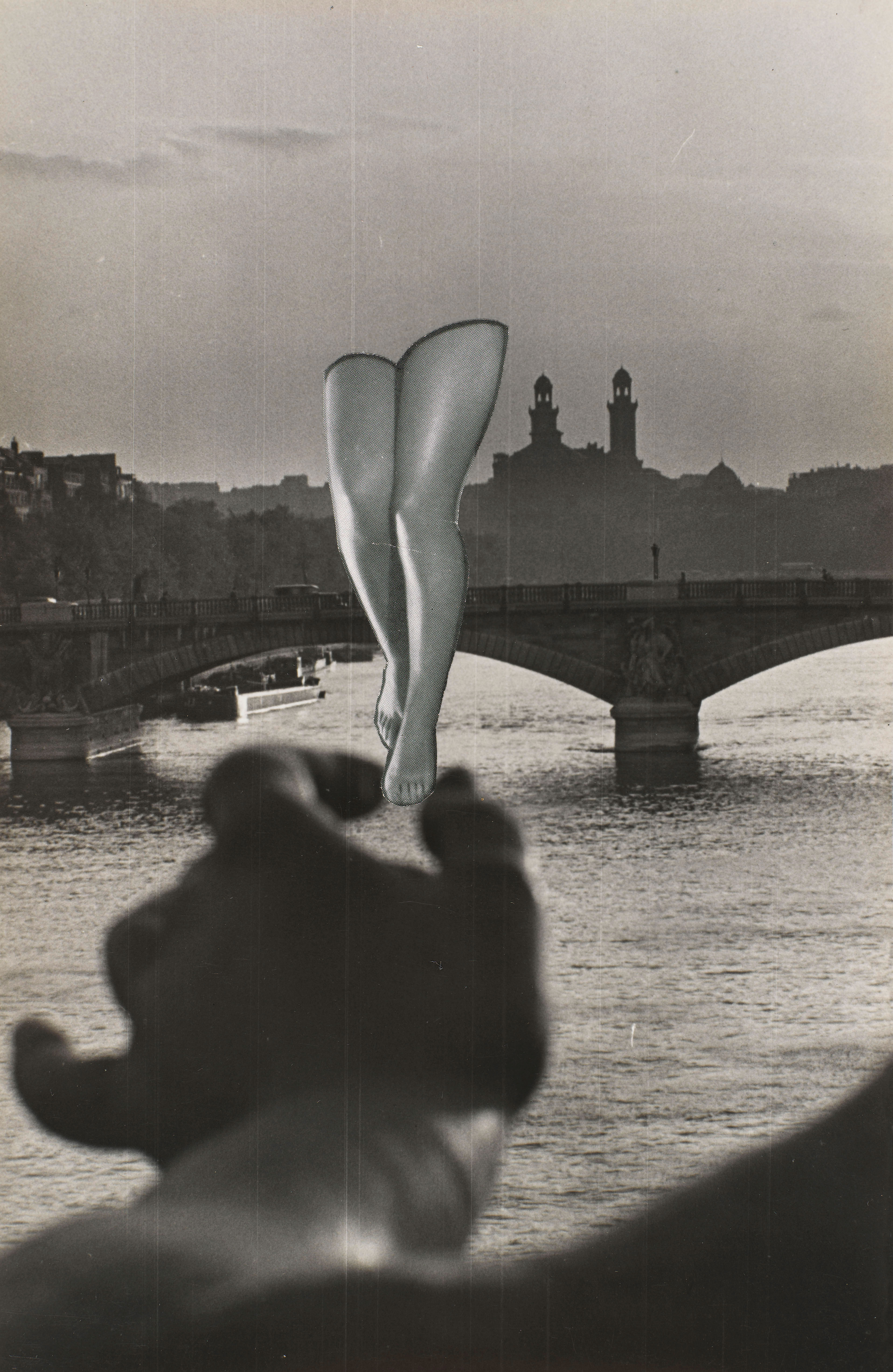
Abandoned wash-houses. Archiving wash-women practices in Oporto modern urban space
##plugins.themes.immersion.article.figure##

Abstract
This visual essay shows the relationship between urban analysis and the use of archival images. Firstly, the research process for the realization of this work will be explained, in which photography is an important tool to understand the urban morphology and help to complete and document the theoretical part of my master thesis Inhabiting Water, Public Wash-houses of Oporto: an experience of women in modern city (2020) - which is a theoretical-practical work. Secondly, the historical dimension of the public wash-houses construction will be discussed, showing the invisibility of women in urban and public space - and in the history of urbanism. This invisibility has motivated the search for areas related to the experience of women in the modern city (19th and 20th centuries), assuming that wash-houses are an observatory of urban hospitality (Perrot 1997, 160) and also of women’s practices on the territory. We will see that, in the contemporary urban space, the wash-houses are abandoned and form a network of places in the city. These ruins are potential cultural facilities to be brought out of oblivion. The photographic work carried out during the master thesis took shape in an interactive map (https://maphub.net/chldmn/lavoirspublicsporto) that shows a selection of photographs from 1940 - with women in red to identify their presence in the washhouses - and photographs taken during the summer of 2020. The integration of these wash-houses in the Oporto Water Heritage Park, protected by the UNESCO Global Network of Water Museums, is one of the outcomes of this research.
References
- Amann Alcocer, Atxu. 2011. El espacio doméstico : la mujer y la casa. Nobuko.
- Col.lectiu Punt 6. 2019. Urbanismo Feminista : por una transformación de los espacios de vida. Virus Editorial.
- Pinto, Jorge. 2021. “Parque das Águas na rede da UNESCO.” O Tripeiro 7, no 6 (July) : 164-166.
- Perrot, Michelle. 1997. “Le genre de la ville.” Communications, no 65 : 149-163.
- Solnit, Rebecca. 2017. A Field Guide to Getting Lost. Canongate Books.
- Viollet-le-Duc, Eugène. 1885. in Lefébure, Christophe. 1995. La France des Lavoirs. Editions Privat.